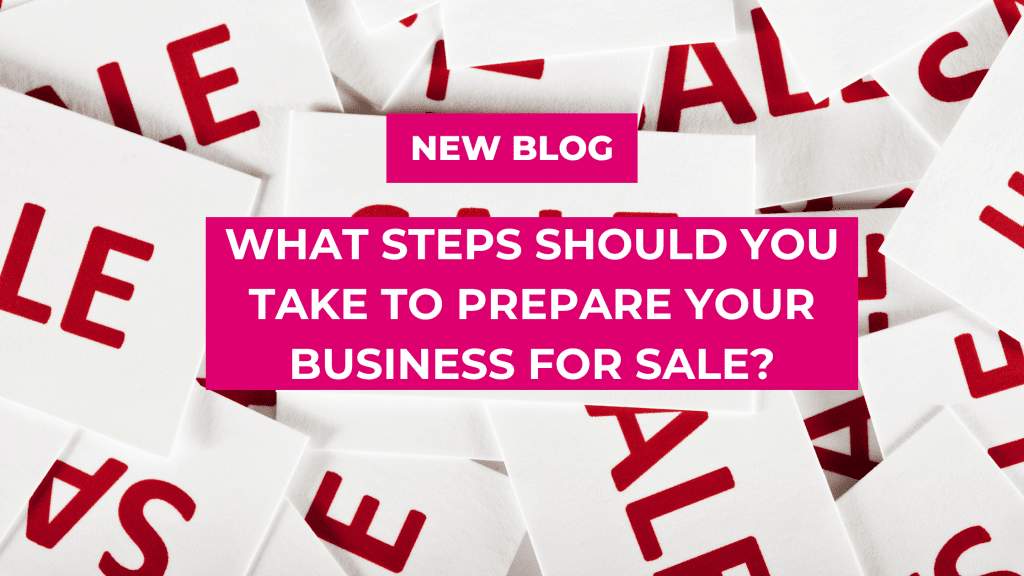
Step-by-Step Guide to Starting a Business Starting a business can be both an exciting and daunting endeavour. With the right…

Step-by-Step Guide to Starting a Business Starting a business can be both an exciting and daunting endeavour. With the right…

How Can Business Coaching Develop Strong Leaders? In today’s competitive business environment, strong leadership is more crucial than ever. Leaders…

Understanding Your Tax Obligations as a Start-Up: A Beginner’s Guide Starting a new business is an exciting journey filled with…

What Are the Common Pitfalls in Succession Planning and How to Avoid Them? Succession planning is a critical process for…

How Does Business Coaching Help in Scaling Your Business? Scaling a business can be a complex and challenging endeavour, requiring…

Do I Need a Business Coach? Running a business can be a complex and demanding endeavour. You might find yourself…

How Can Established Businesses Maximise R&D Tax Credits? Research and Development (R&D) tax credits are a valuable incentive provided by…

What Steps Should You Take to Prepare Your Business for Sale? To Prepare your business for sale is a significant…

Essential Financial Tips for Start-Up Businesses: Setting Up for Success Starting a business is an exciting journey filled with potential…

How Do Family Businesses Ensure Successful Succession Planning? Succession planning is a critical aspect for family businesses, especially in the…